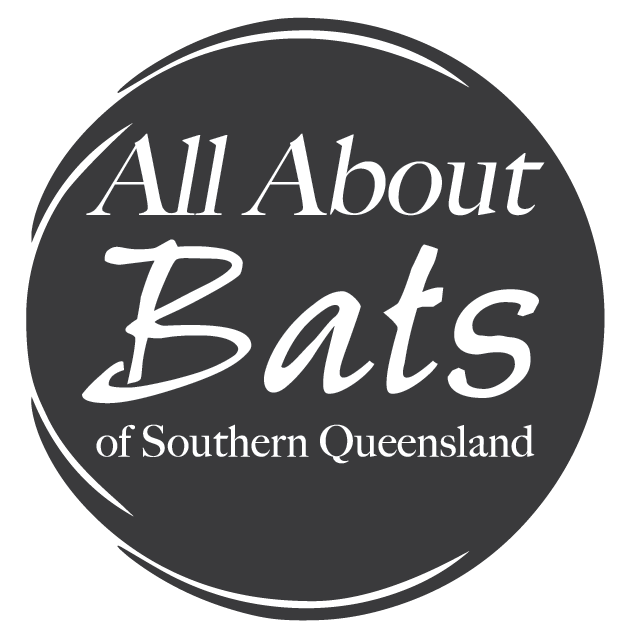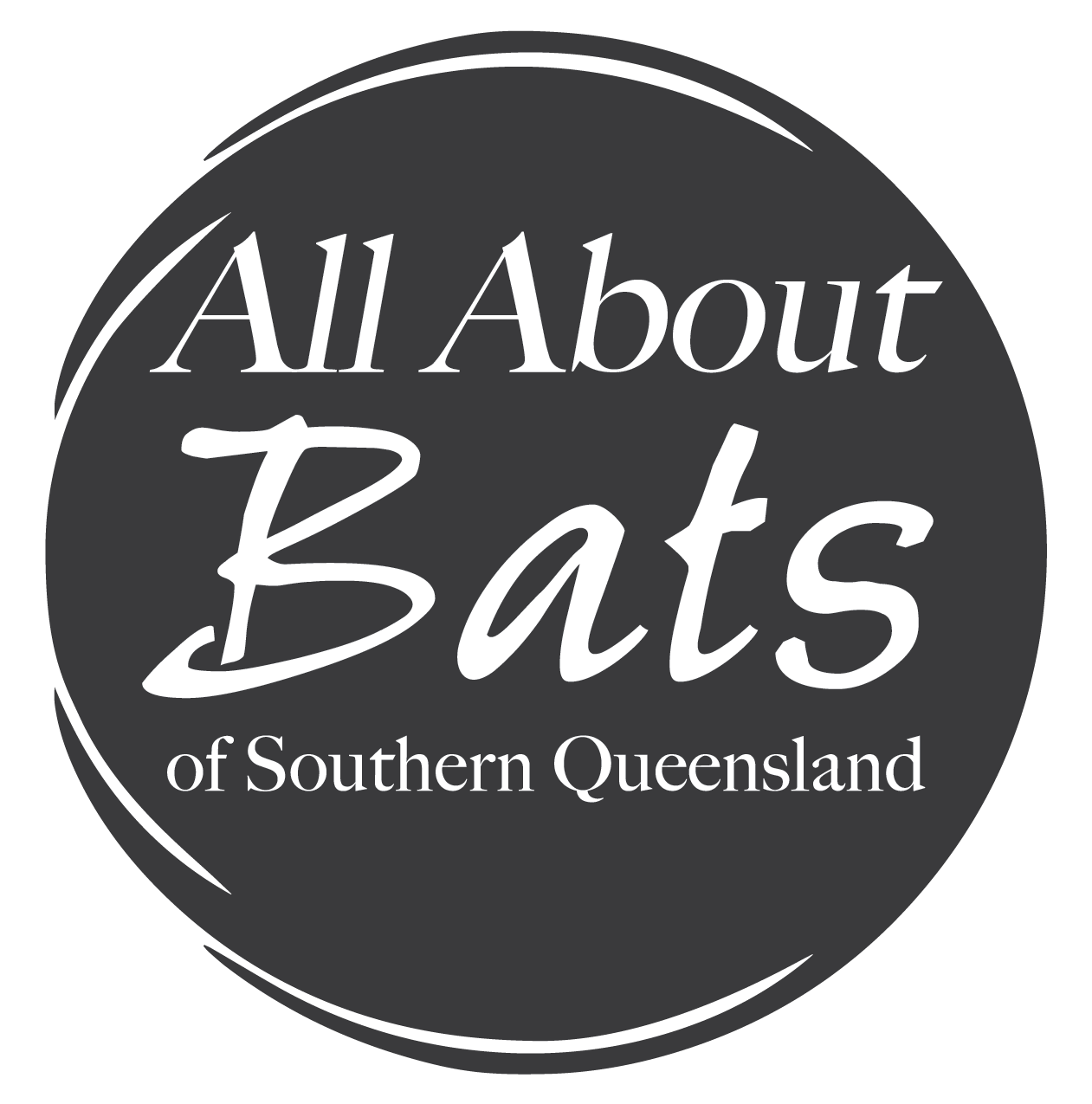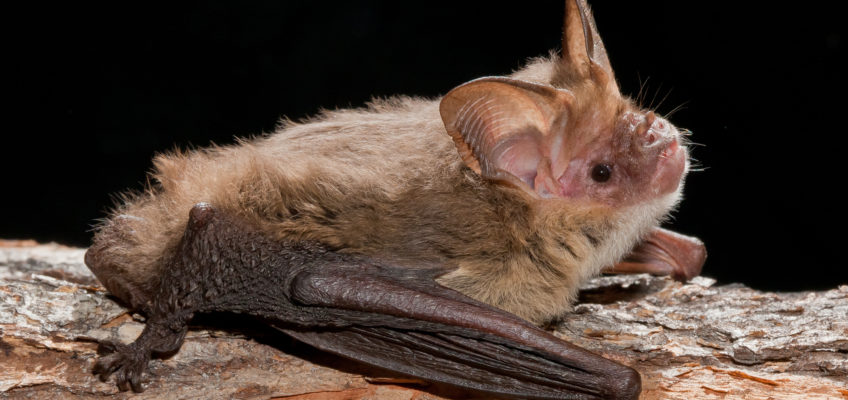Nyctophilus corbeni
This largely solitary grey-brown bat with ears about 3 cm long and larger than the head.
They have a scattered distribution mostly within the Murray-Darling Basin, although it has also been recorded in the Bunya Mountains.
Conservation Status
This species is listed as Vulnerable in Queensland and Nationally.
Habitat
They usually roost under bark and in dry fissures of branches. Tree hollow are used as maternity sites. They will forage up to 3 km from their roost. They can be found in a wide variety of habitat including eucalypt forests, mallee, open woodlands and savannahs. In Queensland this includes semi-evergreen vine thicket, dry schlerophyll forests, Callitris forest and open forests with poplar box, Bulloke, native pine and/or grass trees.
Breeding
Single young are born between November and December.
Predators and Threats
Goannas, hawks, owls and feral cats. Tree loss and modified fire regimes.
Photo: Bruce Thomson
Sources:
Churchill, S. (2008) Australian Bats (2nd Edition). Allen and Unwin, Sydney.
Hall, L. (2009) Bats, A Wild Australia Guide. Steve Parish Publishing, Queensland.
Atlas of Living Australia


